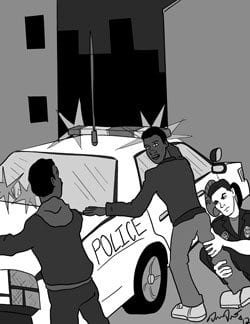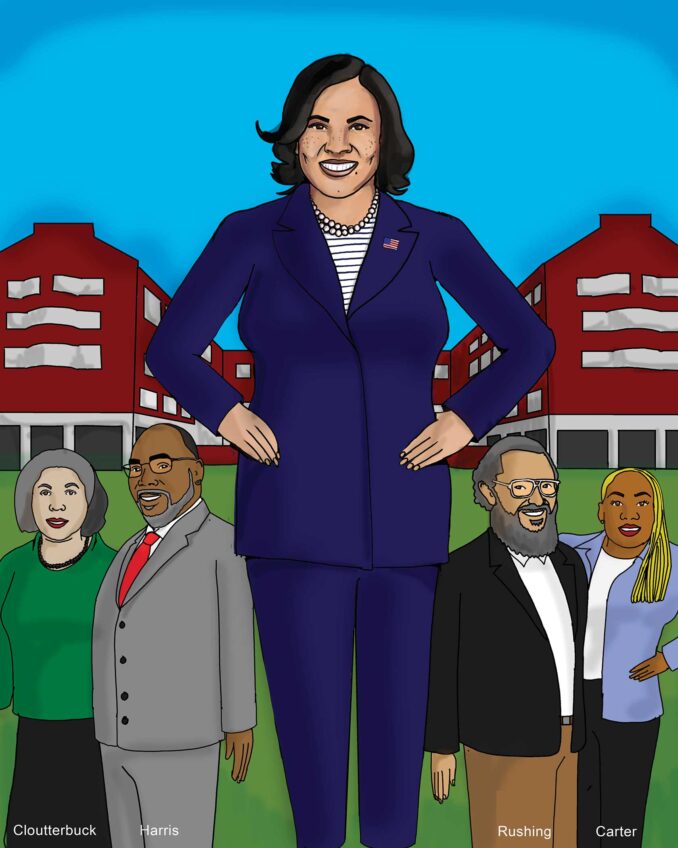
Endangered black males
The fatal shooting of 17-year-old Trayvon Martin in Sanford, Fla., has focused national attention on the perils of being a young black male. The conflicts are most challenging in metropolitan areas where black youth must survive bullying in school, gang warfare and hostile encounters with the police.
Much of the violent crime that afflicts urban areas involves young males both as victims and perpetrators. The police have not as yet developed an effective strategy to prevent this crime. There is now some belief that the stop-and-frisk policy followed in many cities is counterproductive.
An innocent person who is stopped, interrogated and perhaps frisked by the police does not usually find the experience exhilarating. First of all, the reason for the stop is that he is suspected of being a criminal. Secondly, he is a bit apprehensive because he knows that any such encounter with the police could go horribly wrong.
The New York Police Department reported 684,330 such stops last year. Usually 90 percent of the stops are of males and last year 87 percent were black or Latino. According to the report, police found weapons in only 1 percent of their searches and 10 percent resulted in arrests.
The question not yet answered is whether a person who feels disrespected and degraded by a police stop and frisk is more likely to be impelled to criminal violence out of anger. Perhaps the tragedy of Trayvon’s death will generate greater interest in finding strategies to help young black males successfully survive adolescence.
Discrediting financial prudence
OneUnited Bank accepts the responsibility of trying to elevate the level of financial literacy in its community. However, like other institutions the bank is not always successful in this effort. When the housing boom began to overheat, OneUnited Bank could not discourage residents from being seduced by risky mortgages that nonetheless fulfilled the dream of home ownership.
Potential customers walked past OneUnited Bank for the subprime loans offered elsewhere. People could buy homes with very low down payments. Banks believed that the fast-rising home prices would provide ample equity protection. Adjustable-rate mortgages (ARM) offered a very low initial interest rate that would be substantially adjusted upward in a few years. There were even so-called ninja loans with limited documentation that required the borrower to provide no income and no job or assets information.
As housing prices continued to rise consistently from 1963, banks were able to bundle their mortgages to be sold on Wall Street as collateralized debt obligations (CDO). There seemed to be an insatiable appetite for CDOs in financial institutions until the housing bubble collapsed in 2008. Housing secured by subprime mortgages suffered the greatest losses in value.
According to the National Community Reinvestment Coalition, subprime loans were more prevalent among blacks in metropolitan areas. The collapse of the housing bubble created the largest drop in black net worth in history. According to the Pew Research Center, the median net worth of black households fell from $12,124 in 2005 to $5,677 in 2009. That is a drop of 53.2 percent.
OneUnited Bank did not participate in the mortgage feeding frenzy and was therefore not responsible for the financial difficulties of many in the community. Some criticize this refusal to make questionable mortgage loans as a violation of the Community Reinvestment Act, but from another perspective it should be applauded as sound banking.
Banner Editor Melvin B. Miller is also a director of OneUnited Bank.






